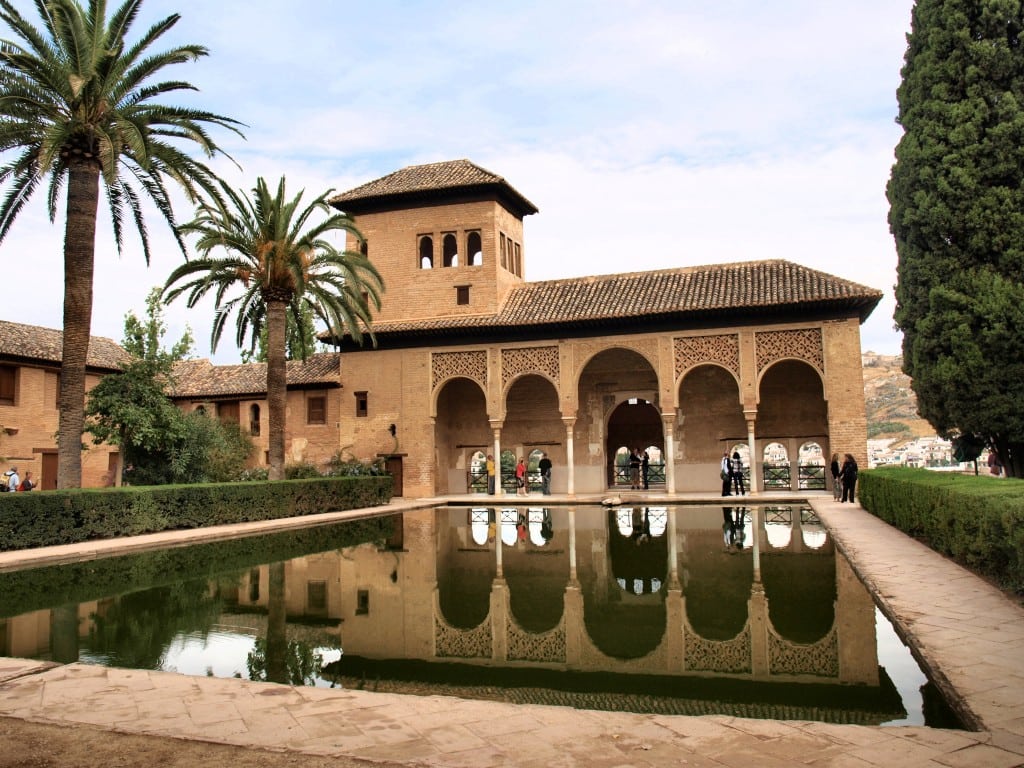The latest Mastercard-CrescentRating Global Muslim Travel Index (GMTI) 2024 highlights changing demographics – namely the growing importance of the female traveller and under-40, young travellers – as well as what is driving and fuelling the sector’s growth.
Aisha Islam, senior vice president, Customer Solutions Center, South-east Asia, Mastercard Asia-Pacific, said the 2024 index showed a “breaking of boundaries and value and volume increasing”.
She told participants at the Halal in Travel Global Summit (HiTGS) that the figure of 436 million global female travellers is ”a huge influence in travel planning”.
She described this cohort as “digitally connected, seeking personalised experiences and cashless transactions” and the emergence of artificial intelligence (AI) is offering them an “unprecedented level of personalisation”.
The GMTI Muslim Women Friendly Destination matrix, included for the first time last year with 10 Organization of Islamic Cooperation (OIC) and non-OIC destinations, has increased to 20 in the 2024 index.
Malaysia, Indonesia and Qatar were the top three in the OIC category and Singapore, Hong Kong and Taiwan in the non-OIC category.
As for the young traveller, Islam noted the cohort is “dynamic, tech-savvy and socially active”.
Agreeing, Fazal Bahardeen, CEO, CrescentRating, commented 70 per cent of the Muslim population under-40 is a digital native.
Meanwhile, Fazal said new metrics on “accessible travel” – availability of facilities and services for travellers with disabilities – were added to the model for GMTI 2024.
In quoting UN and UNWTO data, he shared that more than one billion people, or 15 per cent of the global population, live with some form of disability; only nine per cent of global tourism destinations are equipped with accessibility solutions for travellers with specific needs; and by 2050, two billion people, more than 20 per cent of the world’s population will be 60 or older, with a significant increase in the oldest populations.
The GMTI presentation showed the resurgence and growth in the Muslim travel market reached a 168 million arrivals milestone in 2024, a five per cent increase over 2019, and is projected to reach 230 million arrivals and contribute US$225 billion by 2028.
GMTI 2024 put Indonesia and Malaysia in joint top spot for OIC destinations, while Singapore led non-OIC destinations for the ninth consecutive year.
Singapore was also named the Most Diversified Halal Dining City of the Year during the summit.
Fazal said Singapore offered some 3,000 Halal F&B outlets, certified by the Islamic Religious Council of Singapore (MUIS); there was also an increase in fine-dining establishments to cater to the sophisticated lifestyle of Muslim travellers.
The launch of the HalalTrip Gastronomy Awards, a joint effort by HalalTrip and the Singapore Halal Culinary Federation, was announced during HiTGS in 2023.
The first awards ceremony will take place on June 5, 2024, at Village Hotel Bugis with minister of state Muhammad Faisal Ibrahim as guest of honour.
GMTI, now in its ninth year, analysed data across 145 destinations using the ACES framework built around metrics on access, communication, environment and services.




